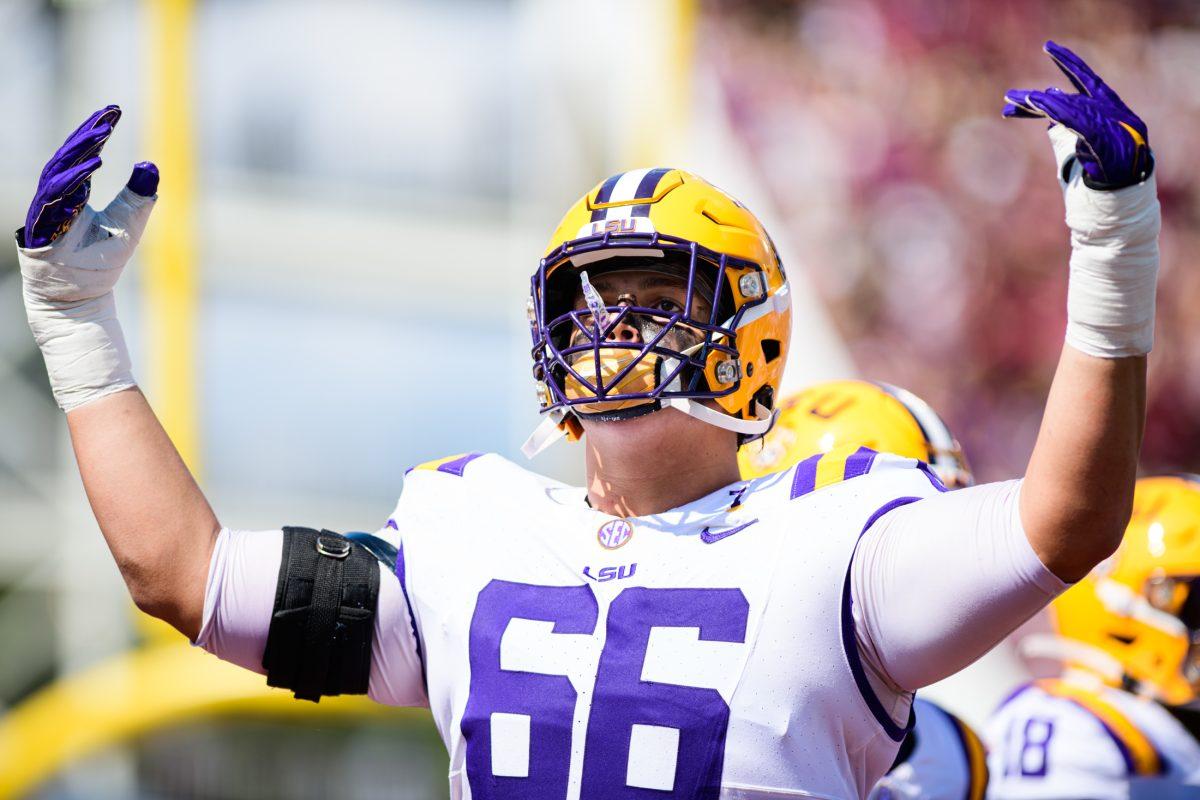The Manship School of Mass Communication sponsored two journalists Wednesday to speak to students and faculty about the importance of journalistic credibility.
“Journalism Betrayed: Jason Blair,” a discussion hosted by Bill Dickinson, who worked for Congressional Quarterly and the Washington Post Writers Group, and George Lockwood, who worked for the Milwaukee Journal, highlighted the damage the lies of one journalist can inflict on an entire institution.
New York Times editors realized Blair, a Times reporter, plagiarized stories, fabricated quotes and pretended to write stories from states he was not in. He and his editors resigned earlier this year.
“And when people whose quotes he had made up were contacted and asked why they didn’t notify the Times, they said they thought journalism just worked that way,” Lockwood said. “That’s not very good for us.”
But it can be difficult for newspapers to publicly chastise unethical practices because they don’t want to admit they are not credible, Dickinson said.
When he was at the Post, a columnist who fabricated quotes was only chastised instead of being fired.
“The Post couldn’t afford to admit it,” he said. “But there’s probably a lot more fabrication in this business than anyone will acknowledge.”
He said the fabrication can result from a newsroom full of journalists trying to “get to the top.”
But there are ways to curb the problem, Lockwood said. And one of the most important is to teach students to be ethical.
Mike Beardsley, a mass communication ethics professor, said though Blair’s fallacies have ignited discussion of ethics, he has always “felt a sense of urgency in ethics.”
“We must teach students to be aware that these violations of ethical principles are egregious, not minor lapses,” Beardsley said.
Editors also must assert control and be aware of what is happening in their newsrooms, he said.
“Before Blair was even at the Times, when he was a student at the University of Maryland, he was known for unethical behavior,” Beardsley said. “There were a lot of red flags.”
These problems also can be prevented by a newspaper ombudsman, who acts as a representative of the people, Lockwood said.
“There is one newspaper that has never had an ombudsman,” he said. “The New York Times – they have one now.”
Ethics, lies discussed at forum
October 9, 2003






